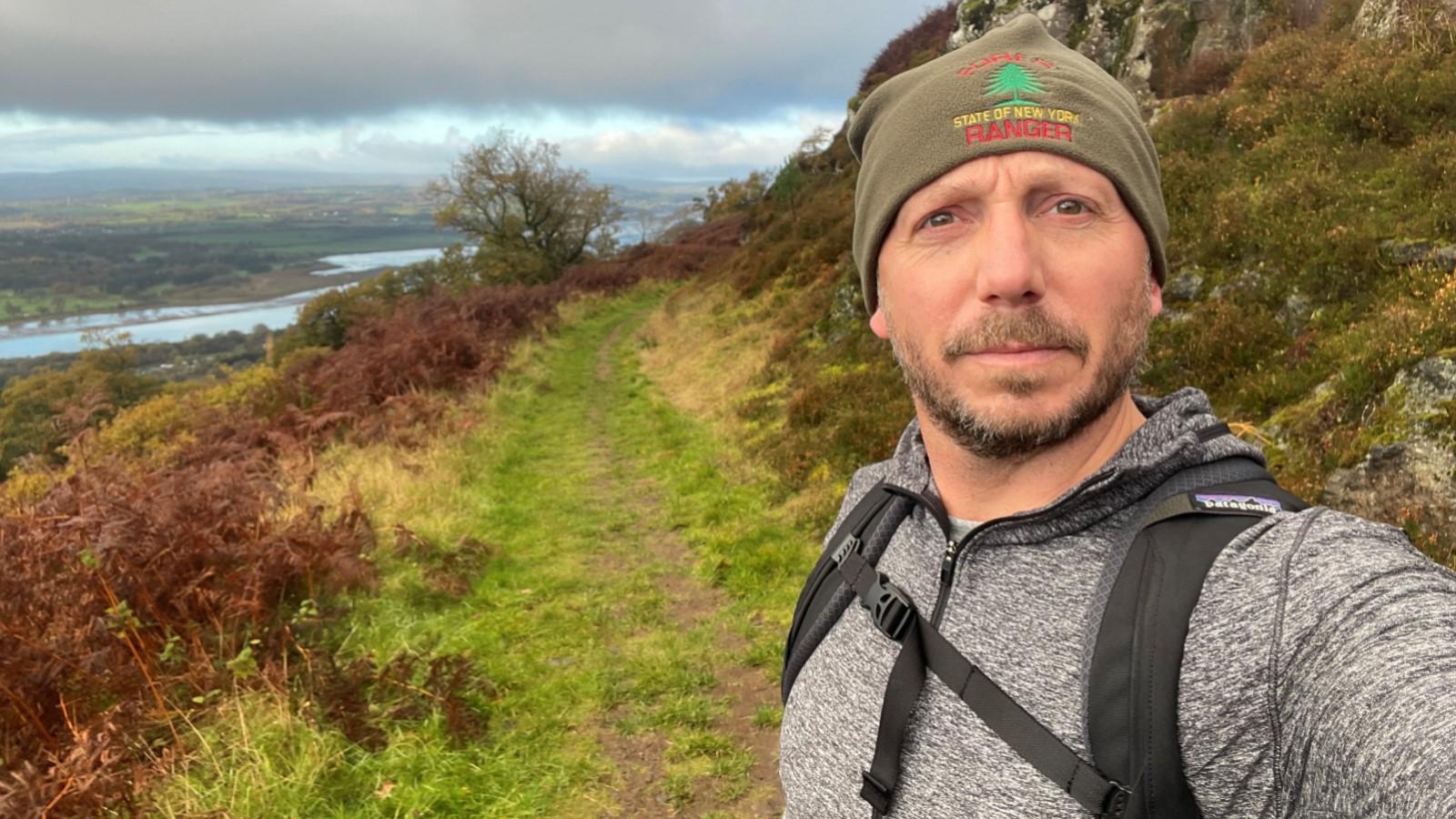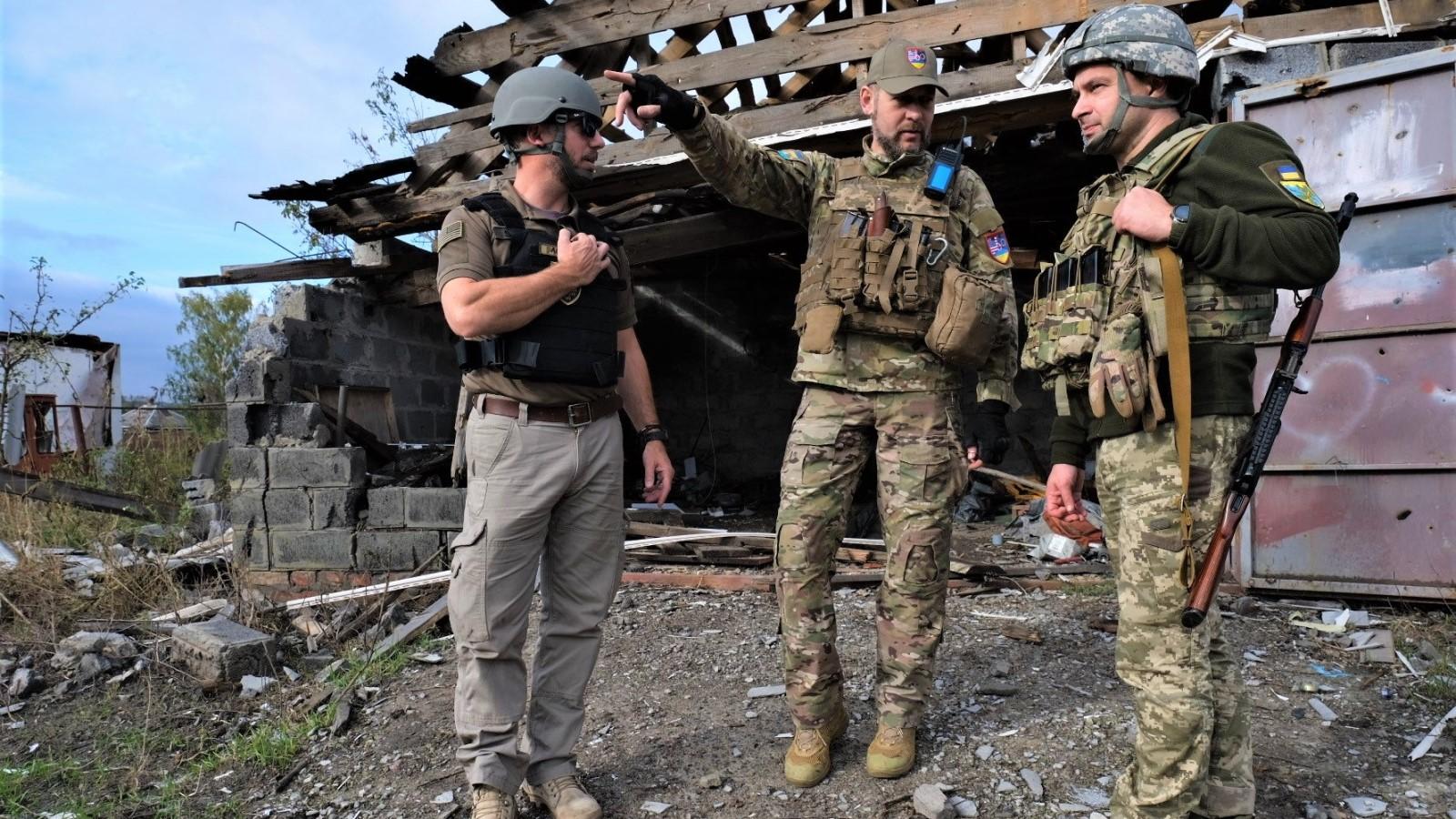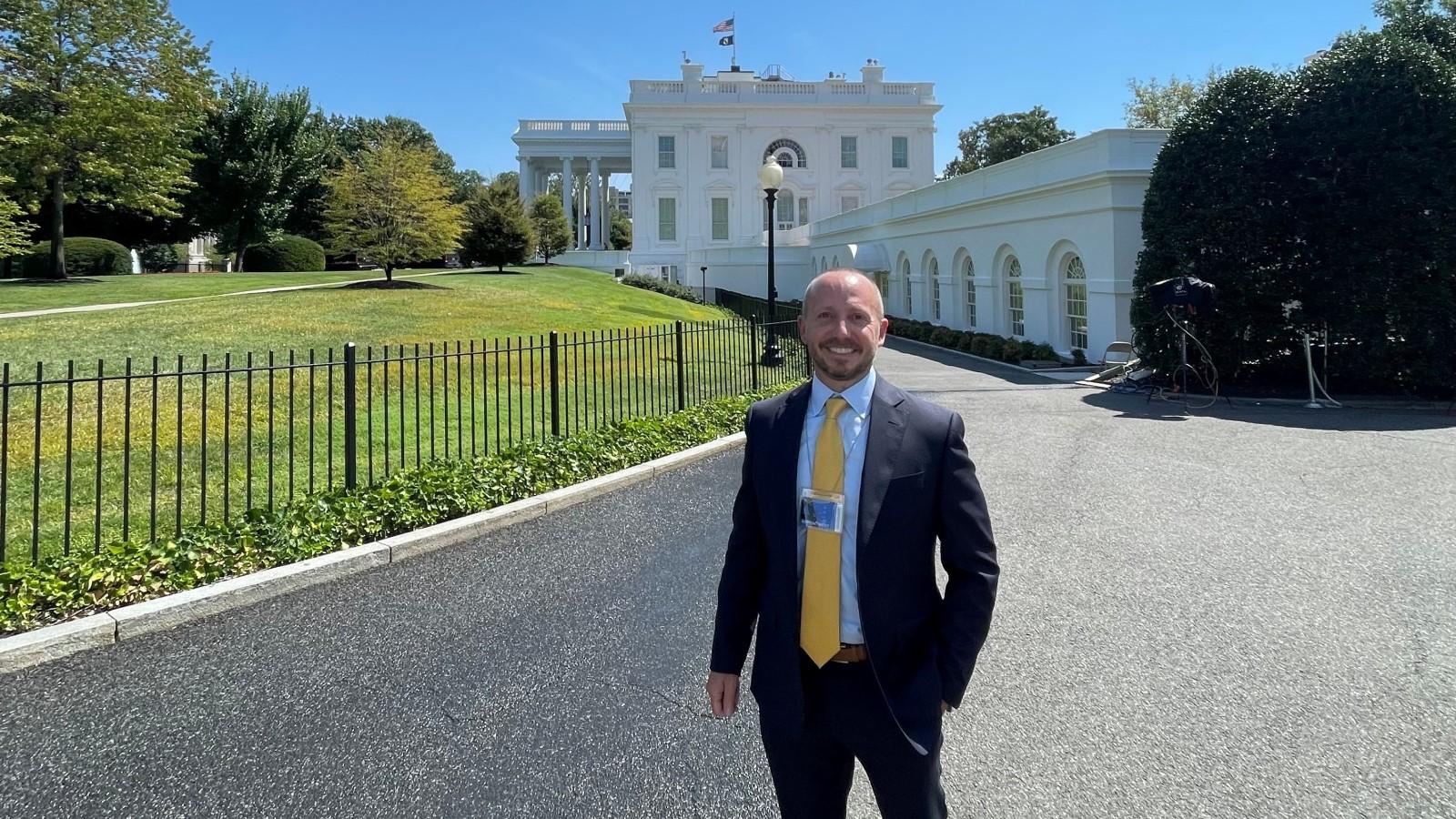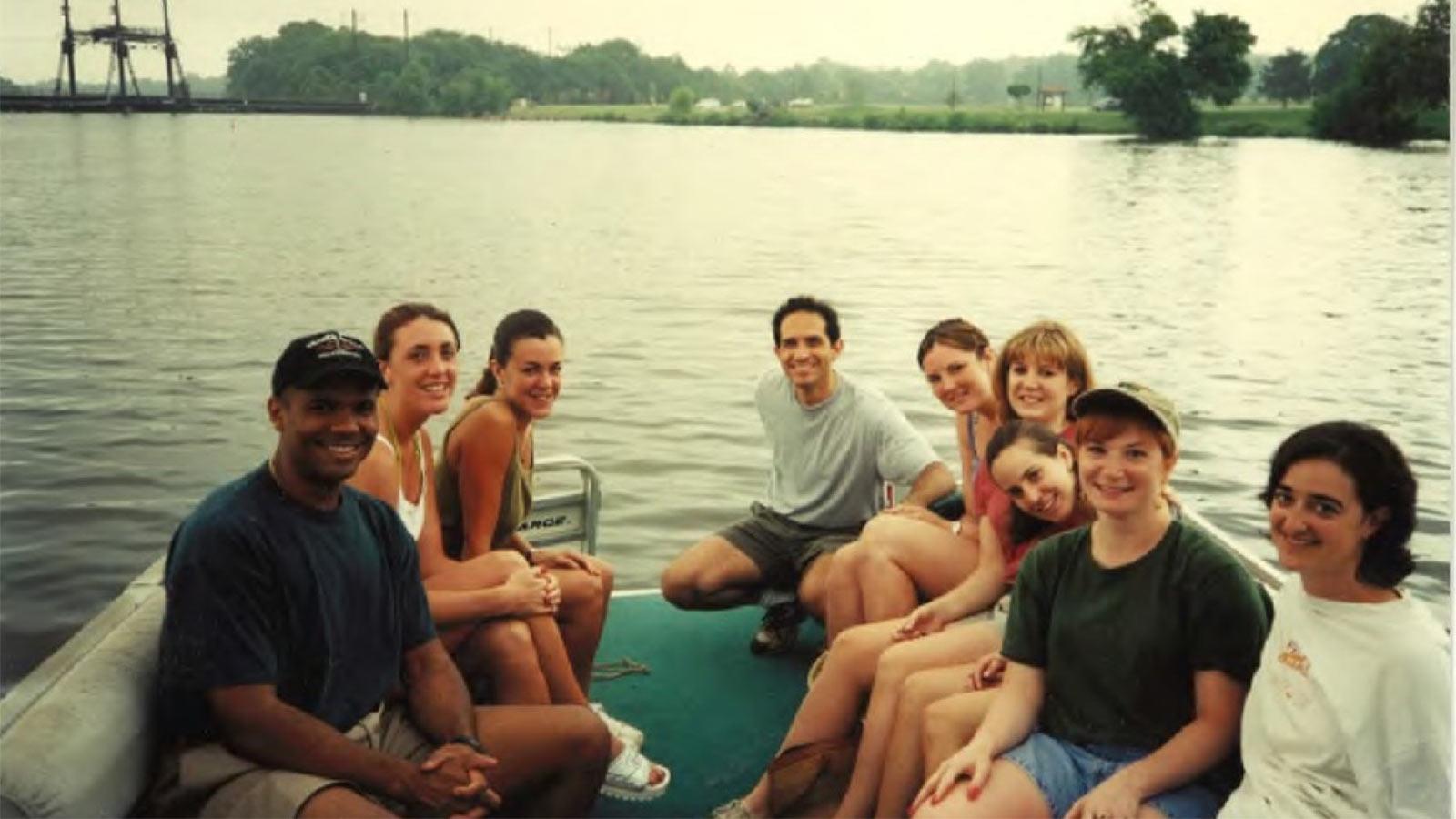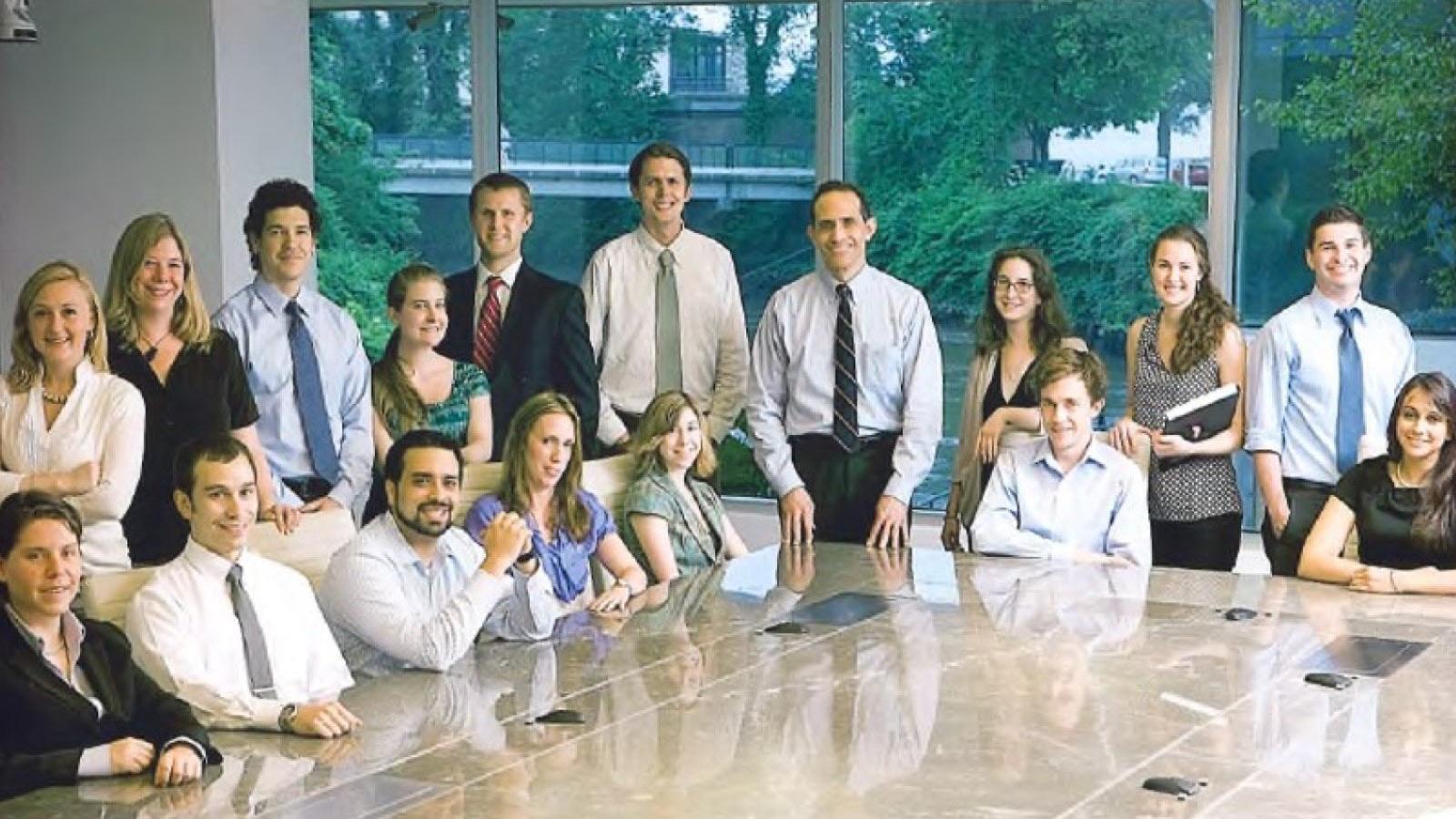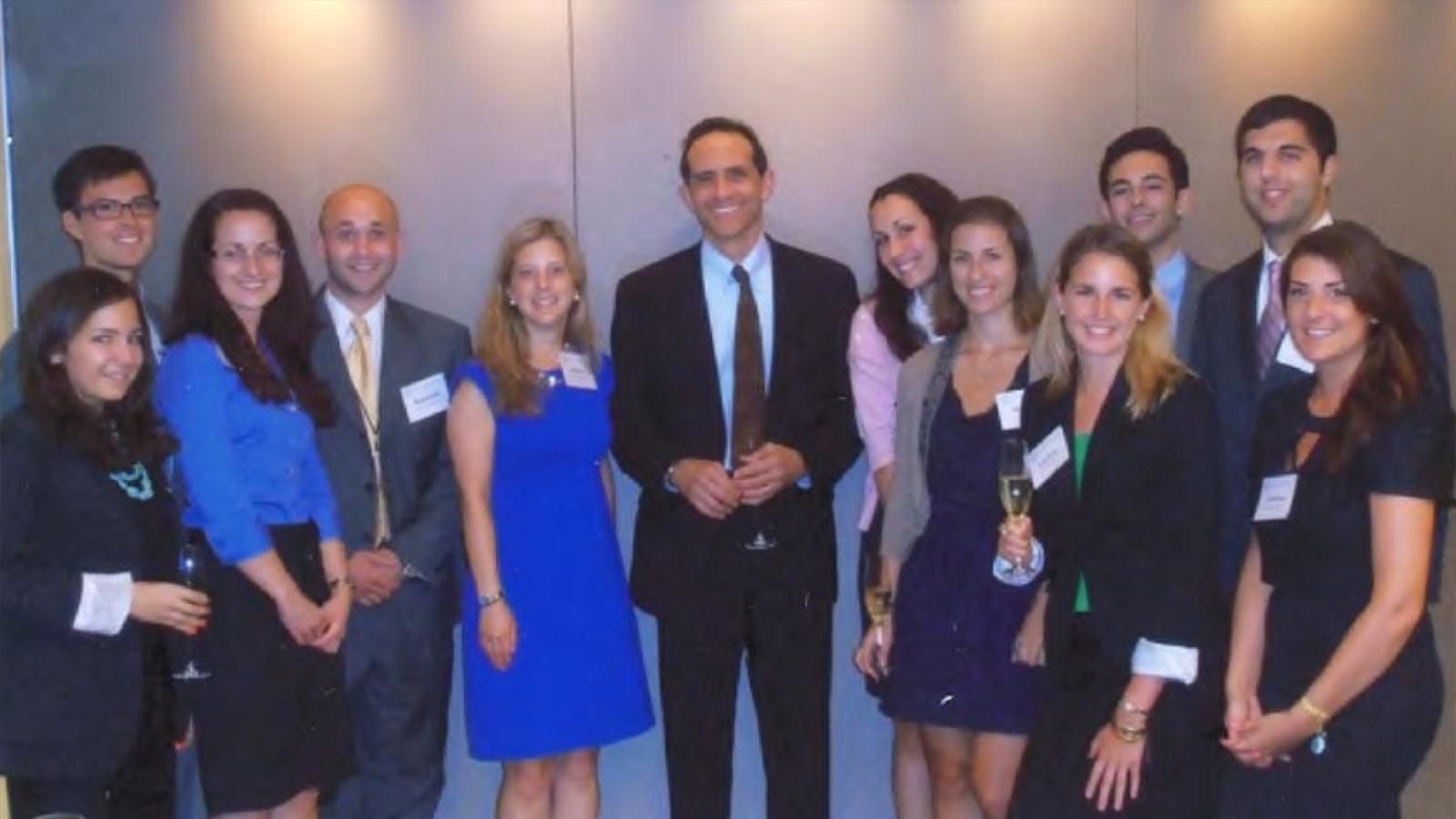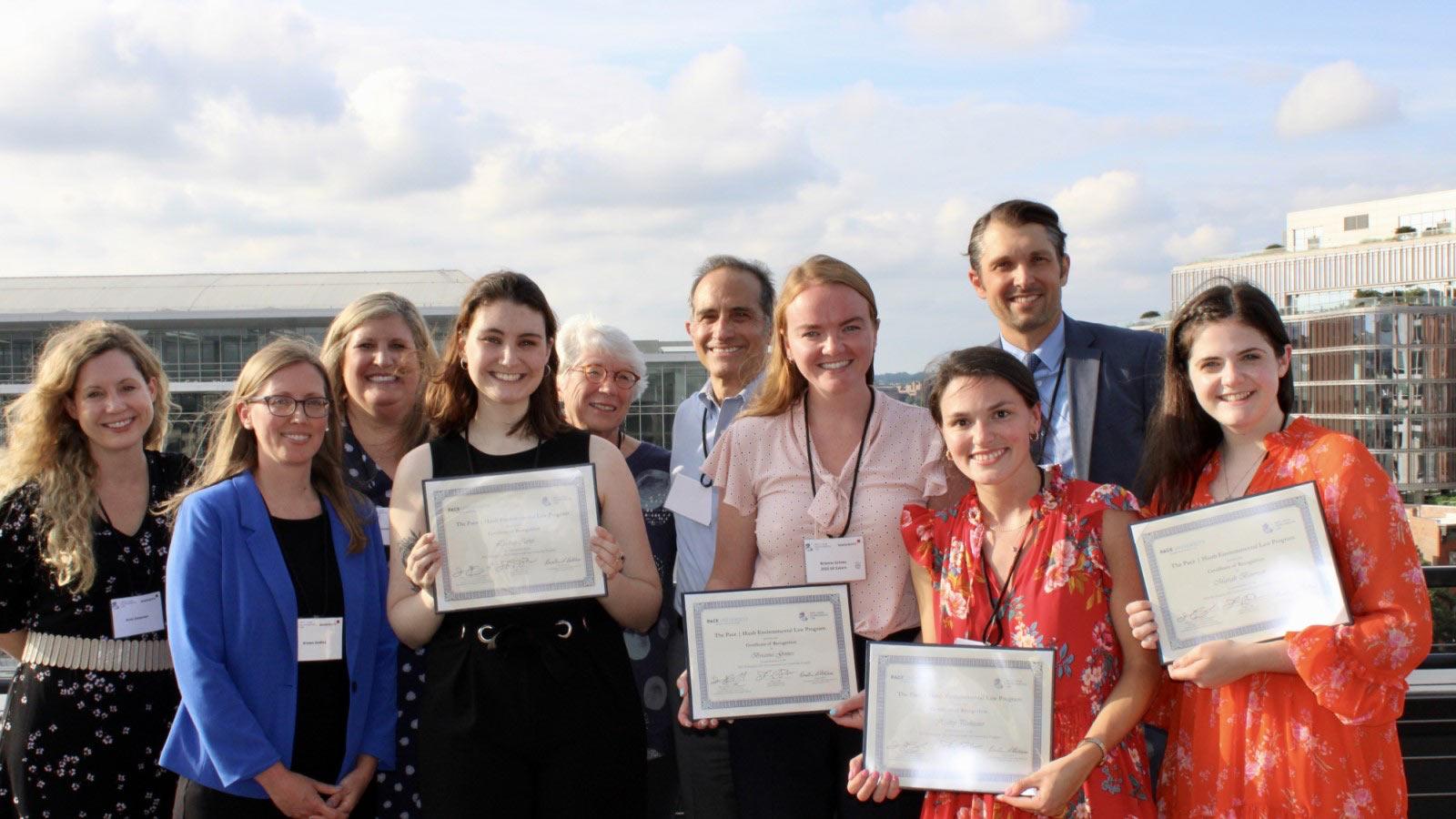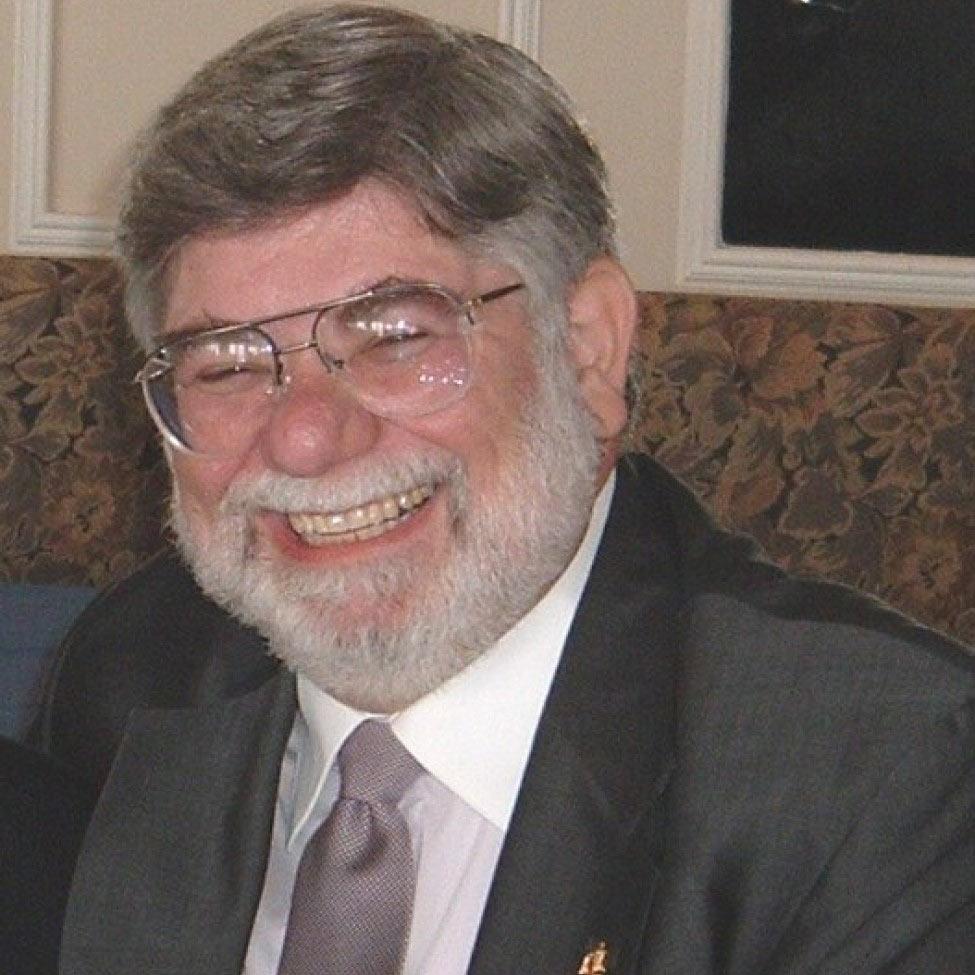
5 Best Travel Credit Cards of August 2023
Pace University Professor Claudia G. Green was featured in WalletHub's piece about Travel Credit Cards.
How much can the best travel credit cards save frequent travelers?
If you are a dedicated traveler and pay close attention to your benefits, you can easily get the value of your annual fee for an American Express Platinum card. For instance, you get: 1) $200 Uber credit; 2) $240 in digital entertainment credit; 3) $200 in hotel credit; and 4) $200 in airline credit fees. Plus, if you apply for TSA or Global Entry, American Express will reimburse you in full. Then, you also have a Priority Pass to clubs in the airports, or you can use your Platinum card for access.
Pee-wee Herman and the complications of talking about people after they die
The internet and social media altered the way people communicate. Newspaper editors and heads of television stations previously called the shots on what was appropriate to talk about. Now? Individuals speak freely, online, whenever they want.
“The lines of ‘appropriate’ and ‘inappropriate’ grief expressions, public conversations about their lives on social media – both positive and negative – and time limits, are immediately blurred and often unacknowledged,” Melvin L. Williams, associate professor of communication studies at Pace University, also previously told USA TODAY.
What Is a J.D. Degree?
While the J.D. is meant to prepare students for a career as an attorney, not all J.D. recipients end up practicing law after graduation. Without passing the bar, individuals with a J.D. can’t represent clients but can use their legal knowledge in other fields, like entrepreneurship or nonprofit work, notes Cathy Alexander, assistant dean for admissions at Pace University’s School of Law in New York.
Change-Agent for Humanity: Basil Seggos '01
From a young age, Basil Seggos ’01 was always interested in the outdoors and with nature itself. As he went through high school, and college, he gained a greater appreciation of the amount of injustice in the world and was motivated to be a part of the effort to try to help resolve some of these issues, specifically environmental issues being faced by people and by the planet. Law school proved to be the perfect fit for him, and he was able to merge his passion for the environment with his sense of and desire for justice.
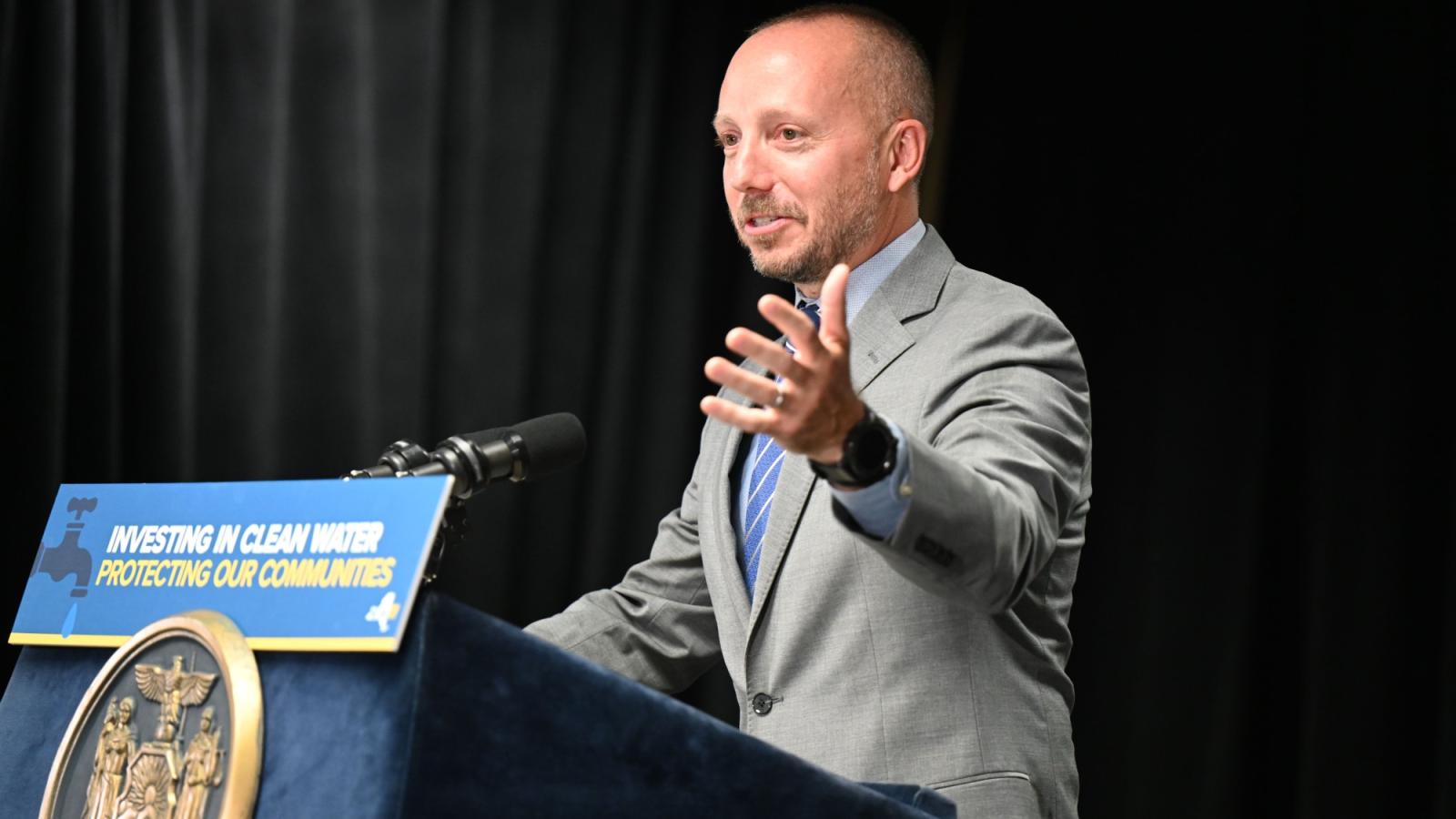
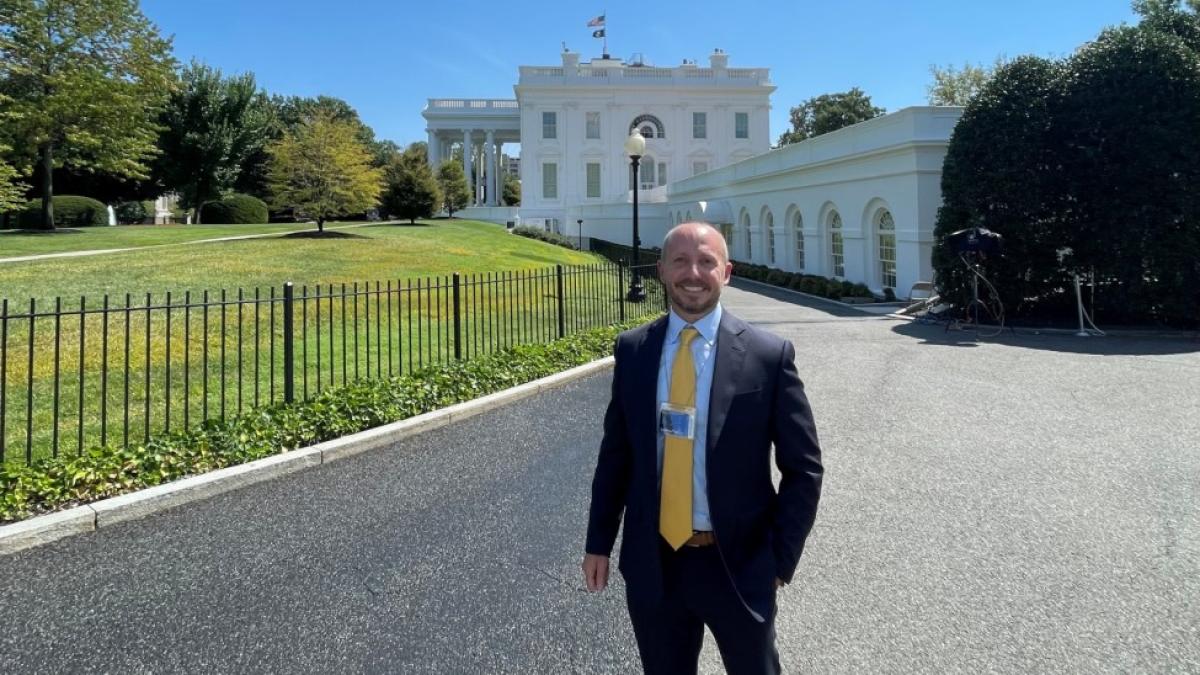
From a young age, Basil Seggos ’01 was always interested in the outdoors and with nature itself. As he went through high school, and college, he gained a greater appreciation of the amount of injustice in the world and was motivated to be a part of the effort to try to help resolve some of these issues, specifically environmental issues being faced by people and by the planet. Law school proved to be the perfect fit for him, and he was able to merge his passion for the environment with his sense of and desire for justice. From 2015–2024, Basil served as the longest-tenured Commissioner of the New York State Department of Environmental Conservation, leading an agency of over 3,000 professionals. Today, Basil serves as Partner and Senior Policy Director for the firm Foley Hoag in New York City. In the interview below he shares his successes as DEC Commissioner, as well as his sentiments from his time at Haub Law.
You accomplished so much as DEC Commissioner, what are you most proud of?
I am most proud of the passage of the state’s climate law and the work we have done to begin its implementation. That would be number one. Number two is rebuilding the agency and reinjecting a sense of purpose through a bolder agency budget, increased staff, and a modernized mission for the challenges over the horizon. DEC was heavily impacted by the economic downturn of the late 2000s. It took the better part of eight years to rebuild the agency to where it is now. Number three is securing billions of dollars for water quality infrastructure across the state. Starting with almost no grant money for infrastructure when I first took this job, we now have a nearly $5 billion grant fund, and the largest revolving loan program in the country. Number four is bringing a sense of environmental justice into the everyday work we do as an agency. This includes helping to guide the agency in a positive way and ensuring we are making decisions and investments with the goal of righting the wrongs of the past. Finally, the last thing would be keeping New York at the lead of important environmental issues, whether it is climate, water, emerging contaminants, or environmental justice. We have set the tone nationally for many important initiatives. And, while we haven’t solved all the state’s legacy issues, we are on the right track.
You were instrumental in the passage of the state’s nation-leading climate change law, the Climate Leadership and Community Protection Act – how did you achieve that tremendous milestone?
We are confronting an existential crisis, so the questions are: what do we do about it? What actions can we take to address the crisis and reduce burdens on front line communities while keeping the state economically competitive? Those questions served as the foundation for the law, and it will likely be one of the most challenging undertakings in state history. We’re now in the implementation phase, and while we develop new policies and investment programs, we’re also doubling down on communicating with New Yorkers. Change of any kind is difficult and change on this scale and in this polarized environment can be frightening if we don’t emphasize constant communication and stakeholder engagement. It was important for us to lay the groundwork in a collaborative way and ensure that the various stakeholder groups had a voice. We worked with environmental justice groups, industries, unions, businesses, and local government officials to create a groundswell of stakeholders who would help craft and implement solution. Goals and targets are critical, but ultimately, the process needs to be collaborative and empowering.
How did you ultimately choose the law as a career and specifically Haub Law?
I was working at the NRDC after college, specifically with the urban environmental team and I got to know a bit about Haub Law. There were some Haub Law professors who were active with the NRDC and they encouraged me to think about law school. It was the perfect opportunity to create a career centered on justice and the environment. I’m so glad that I chose Haub Law.
Which professors at Haub Law had the biggest impact on you?
I distinctly remember Karl Coplan, he was the toughest and most outstanding professor I ever had. Karl managed the Environmental Litigation Clinic at the time, and no one had a better handle of the science, facts, and the law—if you were in his clinic, you better come prepared. He very effectively put students into challenging situations and helped us learn how to become attorneys. And then of course there was Nick Robinson, an absolute legend. He was my first environmental law professor. He had a global view of the law and understanding of how to use environmental law and policy to improve lives. Ann Powers was another terrific professor. All three of them took great care and interest in their students.
What were some of your most impactful experiences during your time at Haub Law?
My time in the environmental litigation clinic was certainly formative and challenging. We students were quickly immersed in real-life cases. During my first two weeks in the clinic, I was handed a case that was headed towards an appeal in federal court. It forced me to evolve from being a mere student into a young practitioner with real clients, briefs and appearances in court. Professor Karl Coplan quickly prepared me for that opportunity. That was the first time that I really felt the ability of a person to impact change in a meaningful way in a court of law.
My time in the environmental litigation clinic was certainly formative and challenging. We students were quickly immersed in real-life cases.
What are your thoughts on New York’s recently passed Green Amendment?
One of the things I take away from it is the fact that New Yorkers value the environment—they went the polls and said yes, the protection of the environment should be enshrined in the state’s constitution. As someone who works on the environment every day in New York, I take pride in knowing that New Yorkers value these issues. Now, the courts will ultimately decide what the green amendment means. There are several cases working their way through the courts to determine the implications of the amendment.
You have an active presence on social media – how do you feel that social media helps to push forward movements for change?
Social media has been an important tool to advance environmental progress. From spreading awareness of issues to galvanizing movements, we’re fortunate to have these tools to help knit us together as a society. In the same breath, social media can also be divisive, and it is often rife with misinformation, and often much worse. There has to be a balance. Use social media as one of the ways to rapidly and widely communicate with the public, but don’t let it supplant the obligation to get out of one’s seat, hit the ground, and be present to speak to people face to face—and listen to what they have to say.
What do you feel is the biggest misconception about climate change law?
The biggest misconception about climate change law is that action is incompatible with progress. That it is hostile to jobs. And the economy. I believe it is the exact opposite. A state or nation that safeguards its environment ultimately protects its economy. All of our climate initiatives are part of a larger theme of progress for New York State.
How did you build equity into the climate law?
Equity and justice are at the heart of the climate law. The law requires us to hit our statewide emissions reduction targets, but it also requires us to ensure we are investing at least 35% of our environmental investments- with a higher goal of 40%- in our frontline communities. We have extended that beyond climate law to our water funding and the recently passed $4.2 billion Bond Act. The status quo of inequity is unacceptable, and it may take years to unpack this and do better for all New Yorkers. It means putting a greater emphasis on equity, now, focusing our work where the conditions have been the worst so we can reverse fortunes and improve health and people’s lives. That is the greatest takeaway of the climate act – the trajectory it has put us on. We now have an ability to truly improve lives of millions of New Yorkers, especially those who have been historically marginalized.
In the fall of 2022, you took a leave of absence to go to Ukraine to aid in humanitarian efforts as the Russian invasion was escalating. You recently went back on another humanitarian mission. What were those experiences like?
When Russia invaded Ukraine, I felt compelled to act. For me it wasn’t enough to speak out on the outrage of the invasion of a democratic ally. I couldn’t just sit on the sideline. I had the ability to go the extra step to provide just a little bit of help where it was needed. Fortunately, I was lucky enough to link up with some veteran and humanitarian groups who were bringing aid into the country, so I went over in the fall and became an ambulance driver for 2 weeks, all the way to the front. And I just returned from another two weeks behind the wheel of an ambulance. Our group also built playgrounds, repaired a roof on a recently bombed community center and provisioned some orphanages. I don’t believe any of us slept during those missions, it was intense. I saw the worst and best of humanity at the same time. We worked in villages that were completely shattered, apartment blocks with massive holes in them, craters in farm fields, people fleeing the invasion, babies left without parents, and yet the Ukrainians were so strong and optimistic for their future. Seeing the resilient Ukrainians and their appreciation for the global outpouring of support for their cause was inspiring. All of us can and should help in our own way, whether on the ground in Ukraine or from the states. And there is so much demand for legal assistance, whether in documenting war crimes or helping displaced persons piece their lives back together. Lawyers and law students can always play an important role to help stabilize the impacts of conflict. Getting involved in the cause of Ukraine has been life changing.
Many of our students participate in summer internships with the DEC and over the years, the DEC has employed many Haub Law graduates – what makes our students stand out?
Haub Law students are always the best prepared lawyers when they come into this agency. Because they have gone to Haub Law they are also driven by a sense of commitment to the environment. And they come in with that energy, passion, and knowledge and quite often they have gone through one of the clinics and with practical experience. If I have a choice between a Haub Law student and comparable student from a different school, my instinct is to go with the Haub Law student because I know that person will excel. Right now, in my office, we have at least 19 Haub Law graduates in our counsel’s office and in other leadership positions in the agency. A Haub Law graduate is also serving as Assistant Counsel to the Governor for the environment portfolio.
What advice would you give to a student who wants to pursue a career in environmental law?
It is the most exciting time ever to get into a career in the environment given the scale of regulation and investment in climate action, environmental justice, and environmental infrastructure. Whether you are going in to work at a firm, a company, non-legal work, or in policy, it is an extraordinarily busy field. We need the best minds on this given the scale of the challenge.
Your wife, Rose, is a 2004 graduate of Haub Law – did you meet in law school, and does she share your same passion for the outdoors and environment?
Rose and I met because of our shared passion for the environment. We had the chance to work together on a case when she was a student in Haub Law’s Environmental Litigation Clinic and I was with Riverkeeper, so it is fair to say that we owe our relationship to the negligence of a polluter (whom we brought to justice). We both love the outdoors and do our best to adventure with our family in some wild and beautiful places. She’s just as dedicated as I am to ensuring that we can bequeath to our kids a clean and healthy planet.
What are some of your hobbies outside of your profession?
Dad time. I spend most of my free time with my kids coaching their lacrosse teams, supporting their sport or art interests, and spending lots of time outside. Boating. Hiking. Fishing. Skiing. I spend my own time running, watching the Yankees, and restoring my old house. And I love reading-- nonfiction exclusively. Reality is more interesting than fiction, and history is always there to teach us about the present and the future.
Justice Joseph Suarez '80: From the Classroom to the Bench
After spending 30 years on the bench, Haub Law alumnus Justice Joseph Suarez has recently retired.

After spending 30 years on the bench, Haub Law alumnus Justice Joseph Suarez has recently retired. Born in Cuba, Justice Suarez attended City College in New York while working as an electrical worker in NYC Transit to help support his family. After a tragedy hit home, he and his fiancée became guardians of three children. “I had a responsibility to my family and at that point, I knew I had to support them,” said Suarez. “I decided that obtaining my teaching license would be prudent and I started a career as a science teacher in the South Bronx.” During that time, Justice Suarez supplemented his teaching salary as a S.E.C. registered Investment Adviser and Tax preparer and continued his educational studies, ultimately receiving an MBA in finance from Baruch. With a passion for learning and a drive to go further, he ultimately pursued and obtained a MS in Educational Administration and a NYS license as a District Administrator.
“By the time I had started thinking about law school, I had moved my family to Rockland County,” Suarez recalled. “I was interested in law, I truly enjoyed being a student, and there was a competitive value of a law degree that was appealing.” Ultimately, he was accepted to a number of law schools, but once he heard that Pace was to open a law school in White Plains, the choice was made. “It was the perfect circumstances for me. I would not have to commute far, and I could attend at night.”
Once enrolled at what was then known as Pace Law School, Justice Suarez immersed himself in his legal studies. “Immediately I knew I was in the right place. And, fortunately, despite having a young family, I had the unwavering support of my wife, Della, without which none of this would have been possible.” During his time at Pace, Justice Suarez recalls the many professors who helped him along the way. “I was most impressed by Professor Jay Carlisle, Professor Bennett Gershman, and the late Ralph Stein. Their passion and skills for imparting knowledge on the particular subject matter was amazing.”
After graduating from Pace in 1980, Justice Suarez remained very involved with the School, serving as a member of the alumni association for thirteen years, as president, treasurer, and on various committees of the association. “I developed strong friendships with classmates during my time at Pace. We all fostered a mutual sense of wanting to give back to Pace through our involvement, which included scholarships, outreach to minorities, and more.”
I developed strong friendships with classmates during my time at Pace. We all fostered a mutual sense of wanting to give back to Pace through our involvement, which included scholarships, outreach to minorities, and more.
Once he was admitted to the bar, Justice Suarez accepted the position of District Director of Management Services in his South Bronx School District. When the position of labor negotiator for Rockland County became available, he applied and became the first Hispanic Assistant County Attorney in the process. During this time, he also helped found the Village of Chestnut Ridge, becoming the Village Attorney for the first 6 years of its operation and serving as the first Hispanic Village Attorney in the County.
With a passion for involvement in community causes, Justice Suarez was deeply involved with the Haverstraw community, helping to form: the Hispanic Coalition of Rockland County, the Alliance of Latino Leaders; and HOGAR (Home), an organization which focused on establishing first-time home buyers. Ultimately, through HOGAR, Justice Suarez helped close for nearly 200 families, over the years. “Giving back to the Hispanic community has always been a passion and priority of mine.”
It was in 1992 when the Acting Village Justice of Chestnut Ridge moved away that the mayor asked him to assume the position of Acting Village Justice and he accepted- becoming the first Hispanic judge in the Hudson Valley. For the next nearly 5 years, Justice Suarez served in that capacity. With a need for a second justice, it was in 1997 that Justice Suarez was elected to fill that role and since then, he has been re-elected continuously. “Being on the bench was not something I foresaw all those years ago when I was pursuing different educational paths and degrees. My career and the path of my career has been circuitous and rewarding. The ability to effect change, and ensure justice is served, has been life changing. It was the honor of my lifetime to have served in that capacity.”
Now that he is retired, Justice Suarez looks forward to taking the time to reflect on how he can efficiently effect positive change. “I am excited for the next chapter, connecting with friends, spending time with family, and a Havanese puppy we recently got, who takes up much of our time. I also look forward to continuing my work with the Hudson Valley Hispanic Bar Association.”
Julie Tokar '24: Out of this World Ambition
Julie Tokar has always had a passion for justice and knew from an early age that she wanted to pursue a career in law. After graduating from college in three years, Julie studied for the LSAT during COVID and decided Haub Law was the place for her.
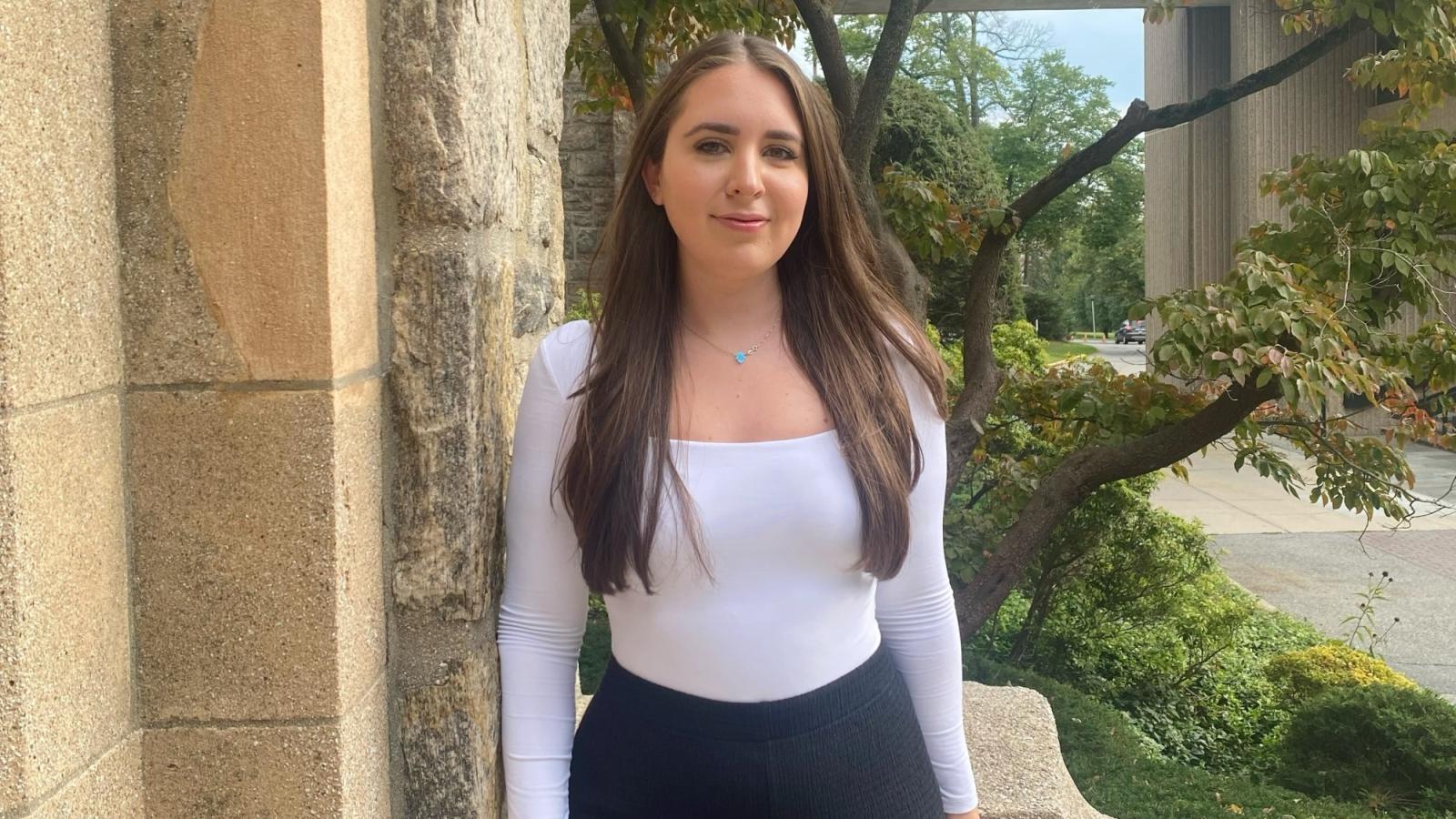
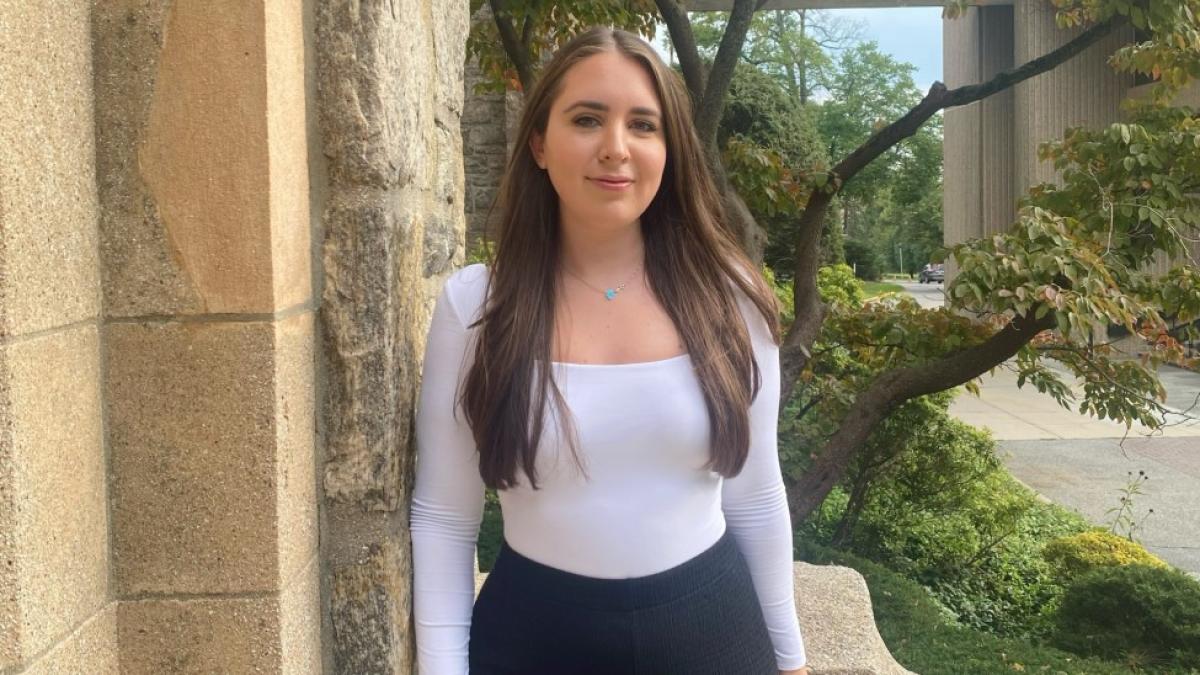
Julie Tokar has always had a passion for justice and knew from an early age that she wanted to pursue a career in law. After graduating from college in three years, Julie studied for the LSAT during COVID and decided Haub Law was the place for her. Now, she is a rising 3L who is pursuing an Advanced Certificate in International Law and just completed an internship with NASA. Learn more about Julie and her law school experience in this Q&A.
Can you tell us a bit about your background?
My parents are from Eastern Europe and migrated to the US for a better life. My older sister and I were born in New York and raised in New Jersey. We are the only ones in our families to graduate from university and I am the only one in my family to attend law school.
What was it about Haub Law that interested you?
Haub Law really drew me in because I wanted to be close to home and have opportunities to practice law in New Jersey and New York. I also fell in love with the campus, it feels like a close community.
Which classes have stood out to you so far?
Professor Bennett Gershman’s Evidence course has been my favorite so far. His classroom experience is unlike anything else – even though cold-calling can be scary, it is an experience unique to law school, which all law students can bond over. Professor Gershman’s class in particular is a very interactive class and he makes what can be a difficult course, a fun and intense learning experience.
This past Spring you completed the Legal Honors Internship with NASA, what was that experience like?
It was wonderful. I assisted the Office of the General Counsel with various legal issues that occur within the Agency, which touched on intellectual property law, ethics, international law, and more. I spent a lot of time researching and analyzing international space law agreements, which was fascinating. During my internship, I was working on a research project, and it ended up connecting to a law review note that I was working on. I was able to reach out and connect directly with the international attorneys over at NASA's headquarters office and one of the space law agreements that I decided to write on happens to be one that those attorneys drafted themselves.
What do you hope to do after Law School?
I am pursuing my Advanced Certificate in International Law and I hope to continue my career path in international law. My opportunity with NASA was a step towards pursuing that goal as I worked with their international law attorneys at the Headquarters and Kennedy Space Center.
What advice would you give to future law students?
I think it is important to take the time away from studying and reading textbooks to spend quality time with family and friends. It's important to have a break from law school. The books can wait (sometimes.)! I would also tell new 1Ls to work and do law school at their own pace and not focus on what others are doing.
Professor Paul Rink, Expert in Climate Law, is One of Four New Faculty Members Joining the Elisabeth Haub School of Law at Pace University
The Elisabeth Haub School of Law at Pace University is pleased to announce that Paul Rink will join its faculty as a Visiting Assistant Professor of Environmental Law.
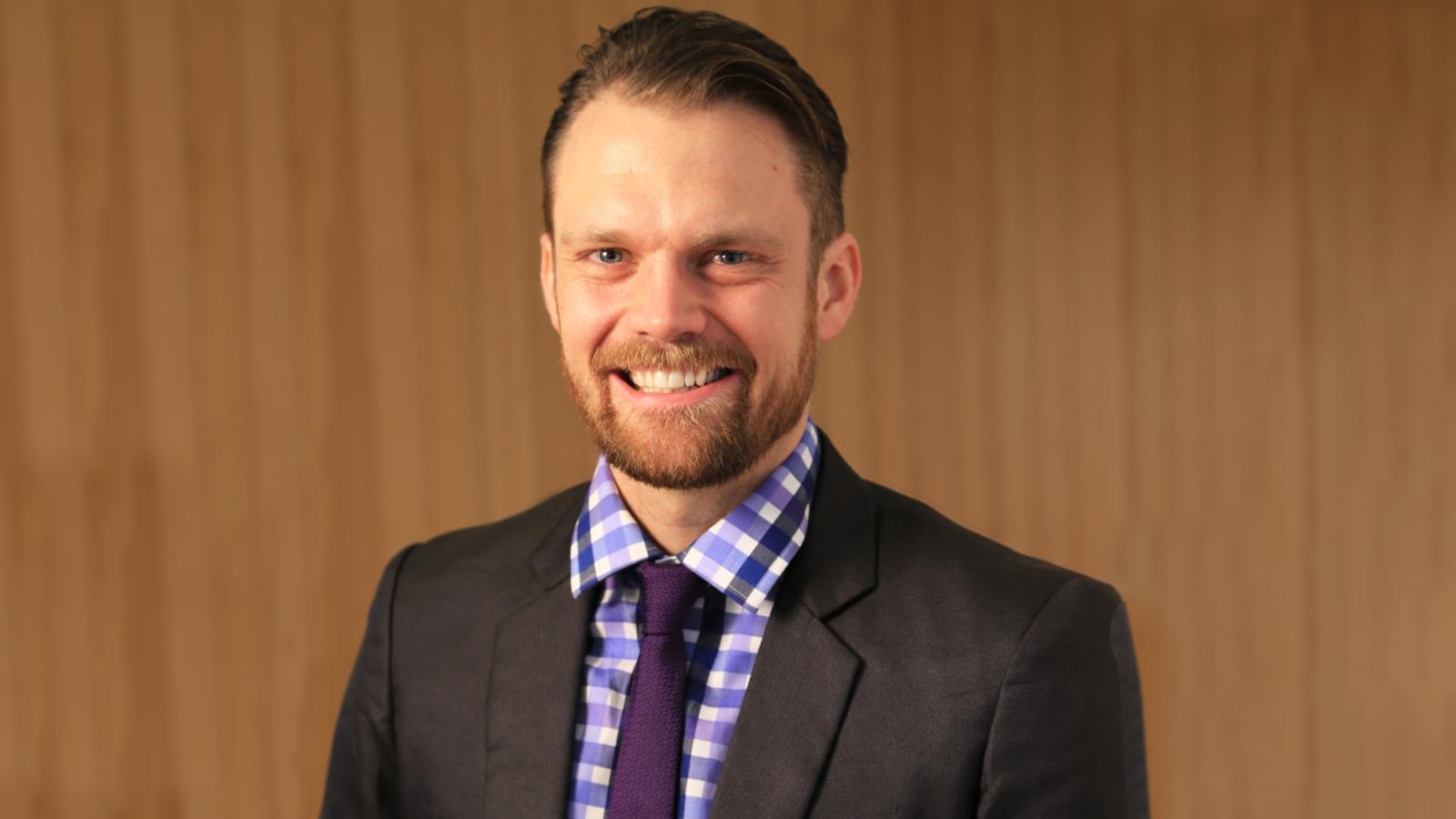
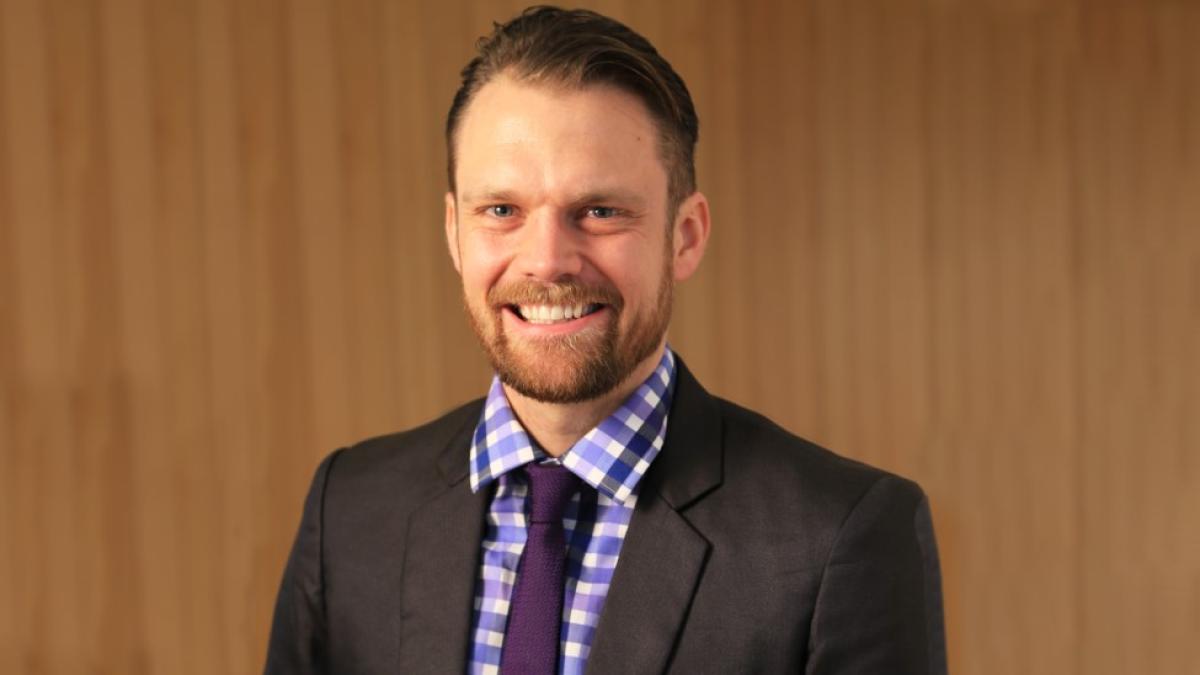
The Elisabeth Haub School of Law at Pace University is pleased to announce that Paul Rink will join its faculty as a Visiting Assistant Professor of Environmental Law. Prior to joining the Haub Law faculty in 2023, Professor Rink worked at the climate law firm, Our Children’s Trust, representing young people from around the world in strategic, legal efforts to secure their right to a safe climate system. He is one of four new faculty members who will be joining Haub Law this fall.
"The Elisabeth Haub School of Law has a reputation around the globe as the premier institution for environmental law,” said Professor Rink. “I look forward to sharing my passion for climate law with the Haub Law community and to collaborating with its top-tier faculty and students to develop ideas and strategies for effectively combatting the climate crisis.”
After graduating with a BS from the University of Michigan, Professor Rink spent a year and half teaching soil science and environmental science to Singaporean students at Ngee Ann Polytechnic as a Princeton in Asia Fellow. He then extended his fellowship for an additional year, working on policy advocacy at the International Water Management Institute in Colombo, Sri Lanka. Immediately after earning his JD from Yale Law School and his Masters of Environmental Management from Yale School of Forestry and Environmental Studies, he spent time in Australia working as a forest restoration consultant for Conservation International. Following this consultancy position, Professor Rink researched the impact of business interests on international environmental law as a Fox Fellow in Mexico City before relocating to Portland, Oregon for his position as a Global Staff Attorney at Our Children’s Trust. While at Our Children’s Trust, he co-implemented a successful campaign to enshrine 100% renewable energy targets in Florida law; drafted comments responding to the Office of Management and Budget’s draft Technical Support Document on the Social Cost of Greenhouse Gases; and co-developed third-party intervention filings before multiple judicial bodies, including the Mexican Collegiate Court in Administrative Matters of the First Circuit, the European Court of Human Rights, and the International Tribunal on the Law of the Sea.
Professor Rink’s research interests include climate and energy law, human rights and climate change, sustainable investment and net zero policy, and administrative cost-benefit analysis in the context of the climate crisis. At Haub Law, Professor Rink will teach several courses, including Torts this coming semester. “Professor Rink brings a unique perspective to our Haub Law community,” said Elisabeth Haub School of Law at Pace University Dean Horace E. Anderson Jr. “He has spent time around the globe advocating for the environment and enacting positive change. The Haub Law community will benefit greatly from his unique background and learning more about his targeted research interests.”
Professor Rink has written academic articles ranging from the household economic benefits of rainwater harvesting systems to a comparative analysis of the forestry policies in Indonesia and Brazil. He has also contributed chapters to the Oxford Handbook on International Environmental Law (2021) and the 2019 Yale University Press publication, A Better Planet: 40 Big Ideas for a Sustainable Future. Professor Rink is originally from Gaylord, MI.
Celebrating 25 Years in DC and Recognizing the Professor Who Made it Possible
Twenty-five years ago, what was then known as Pace Law School launched a summer Environmental Law Externship program in Washington, DC.
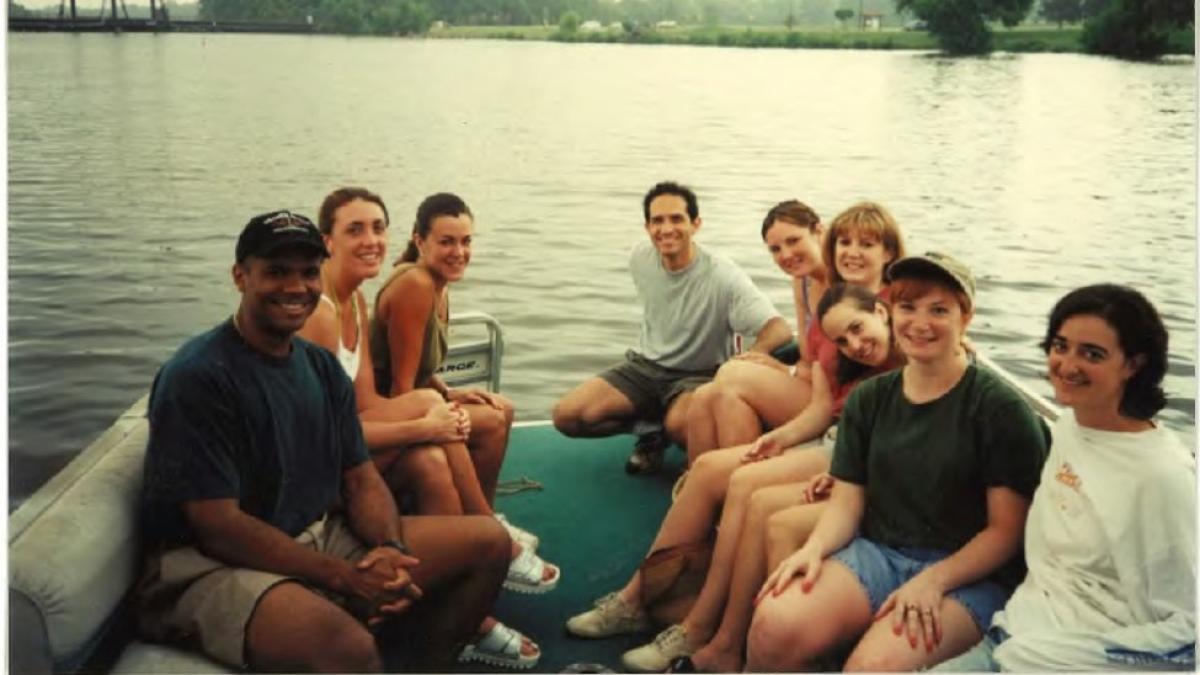
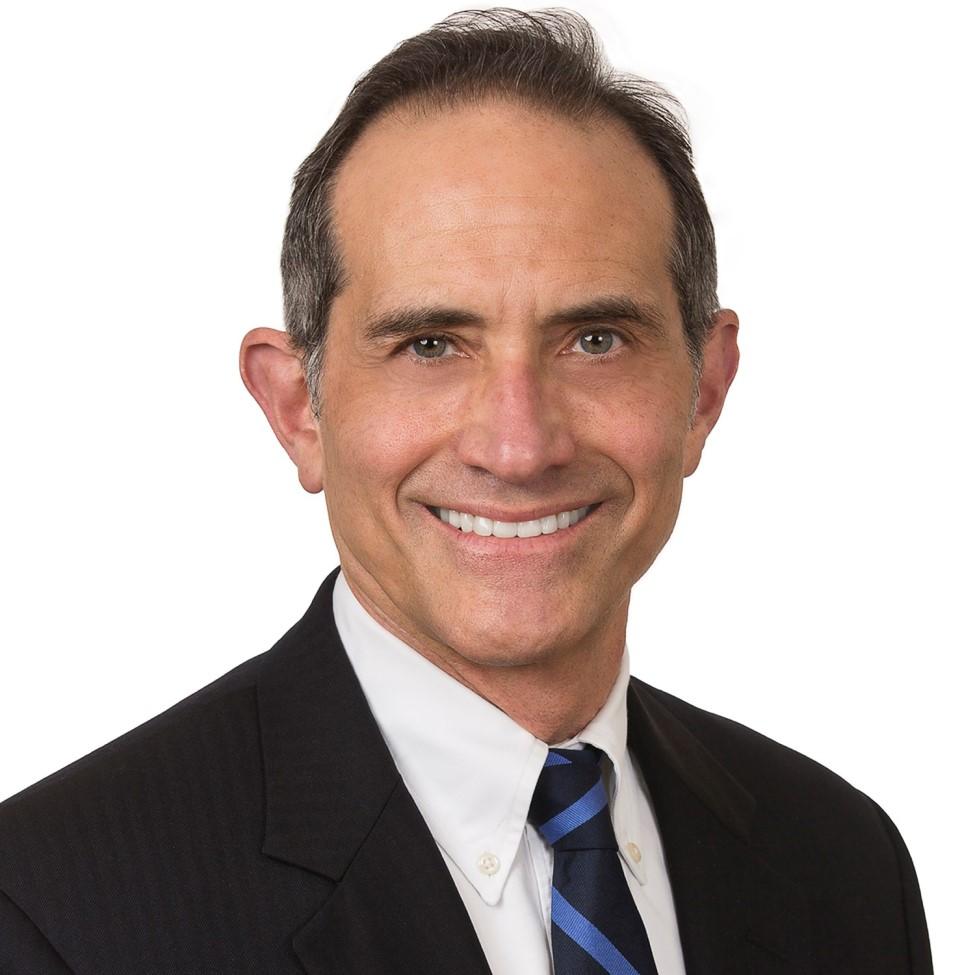
Twenty-five years ago, what was then known as Pace Law School launched a summer Environmental Law Externship program in Washington, DC. Beyond giving students direct experience with environmental law and policy, one of the key goals of the externship from the outset, as described by Professor of Law Emerita Ann Powers and champion of the program, was “to introduce students to the lawyer’s role as responsible, ethical decision-maker, with an emphasis on the special discretion of the government lawyer.” In 1997, students experienced an intensive “bootcamp” on environmental law taught by environmental legal pioneer and Pace Law Adjunct Professor David Sive. In DC they worked as externs and took a seminar taught by Adjunct Professor Steve Solow, formerly Co-Director of the Law School’s environmental litigation clinic and then Chief of the Department of Justice’s Environmental Crimes Section. Today Professor Solow is a partner at Baker Botts and still at the helm of this impactful and transformational program.
Over his tenure, Professor Solow has recruited five co-professors, all Pace alumni. One former student turned co-professor, Robyn Emeson, who serves as Senior Assistant Regional Counsel in the Regulatory Enforcement Section of EPA’s Denver Regional, credits her time in the externship program as refining her introspective approach to the practice of environmental law. She recalls that “from day one, Professor Solow taught his students to critically analyze the happenings around us in our practices, no matter what the context, and to periodically take pause to ensure our actions align with how we want to be remembered one day as lawyers, colleagues, and neighbors.” Former co-professor Lauren Bachtel, now in private practice after spending the beginning of her career in the Department of the Interior’s Office of the Solicitor, credits Solow as “one of the main reasons the DC Externship is so special. His experience, energy, and inquisitive nature made every class very exciting and rewarding.” Another co-professor, Lauren Fischer, notes that “Steve is the consummate teacher/mentor whose wisdom and guidance provides Pace students with critical lessons on how to avoid life’s potential pitfalls and achieve excellence.”
Current co-professor Kristen DeWire, a student when the program celebrated its 15th anniversary, reflected on the “profound” effect the program had on her career – “[i]nterning at the EPA and meeting many of the alumni practicing environmental law in the DC area opened my eyes to the wide range of opportunities in environmental practice. The experience was instrumental in my decision to return to DC to pursue a career in government service.” Professor DeWire is currently Senior Counsel of the EPA Environmental Appeals Board.
Not surprisingly, Professor Solow notes the crucial role of alumni participation and engagement. The list is dozens long of former externs who come back to support and give advice to the current class. Anne Carpenter, a former extern who then spent the last 15 years working alongside Steve in private practice regularly comes back to guest lecture once every summer; former Dean of the Environmental Law Program Alexandra Dunn also joins the class and helps open doors. In the truest proverbial sense, the DC externship program is a village. Professor Solow also credits the large network of attorneys at DOJ, EPA, Interior, the Coast Guard, FERC and elsewhere who have opened the door to Pace externs.
A member of the 2019 summer class, Anxhela Mile, says it was the deep relationships she was able to build with classmates and alumni from different sectors of the environmental law field that expanded her understanding of what opportunities may exist after graduation, and helped her career trajectory towards becoming a practicing climate change lawyer.
Danielle Schreiber, a participant in the 2010 summer session says that the DC externship was by far her favorite class in law school and that “Unlike traditional lectures, the DC Externship Program provides students with practical advice based on the real world legal experience they are getting over the summer. Having Steve’s expertise navigating issues relating to the public interest and tying in his private practice experience is invaluable.”
Another former student, Zaheer Tajani, who was recently appointed by the Department of the Interior as Senior Advisor for Oversight, remarks that even when it was not immediately apparent, the connections that Professor Solow helped foster with established environmental law professionals and peers alike built a network of support which would scaffold future professional success in both the public and private sectors.
In a region where there is huge competition for positions, Pace students are in the mix in part because of this growing network of Haub graduates. Professor Solow recalls that when he came to DC in 1997, he didn’t see enough Pace alumni in the environmental agencies and government offices. In his view, the biggest change over the last 25 years is how Pace students are received in the DC marketplace – they are recognized for a combination of practical skills, solid research know-how, and agency savvy, often gained through the DC program. He believes that the success of so many of his former students has helped in its own way to keep the Environmental Law Program atop the rankings for so long.
An example of how the extern program’s network impact continues to grow is the story of Samuel Capasso. A student in the 2008 summer session, Capasso is now a mentor and supervisor in his role as Branch Chief of the Community Infrastructure Resilience Branch in FEMA’s Hazard Mitigation Assistance Division. Capasso notes that “The DC Externship program gave me the confidence to apply for DC jobs. I learned I was up to the task of serving the people of the United States and it helped me set working at FEMA Headquarters, where I now am a leader, as a career goal. I’m proud to pay this experience forward to new students!” Capasso received the 2022 Nicholas Robinson Award for Distinguished Environmental Achievement from the Law School.
Since its inception, over 225 students have participated in the Environmental Law DC Summer Extern Program. They all received the training and mentorship from Professor Solow in this programs format that Professor Powers describes as “especially effective, complementing and enriching the students’ more traditional academic experience.” Professor Robyn Emeson adds that “for 25 unwavering years, [Steve] has remained a phenomenal mentor and advocate for law students, making his mark as a foundational pillar of the Law School’s DC Externship program.”
As he prepares for the 26th summer class, Professor Solow describes how the class helps students explore the real-world issues they face. From negotiating for better work assignments and dealing with ethical dilemmas as government or private-sector attorneys, to addressing issues such as environmental justice and navigating government bureaucracies. Separately, he looks forward to the continued expansion of the Law School’s network in Washington DC.
Through the years: The Elisabeth Haub School of Law at Pace University Summer Environmental Law Externship Program in Washington, DC
Design Factory Student Spotlight: Sachin Archer
Sachin Archer (BS in Computer Science ’25) is a Seidenberg student who traveled with the NYC Design Factory to Geneva, Switzerland during the Fall ’22 semester. While there, Sachin and his teammates met experts from CERN, the European Organization for Nuclear Research, and collaborated with other teams from the Design Factory Global Network.
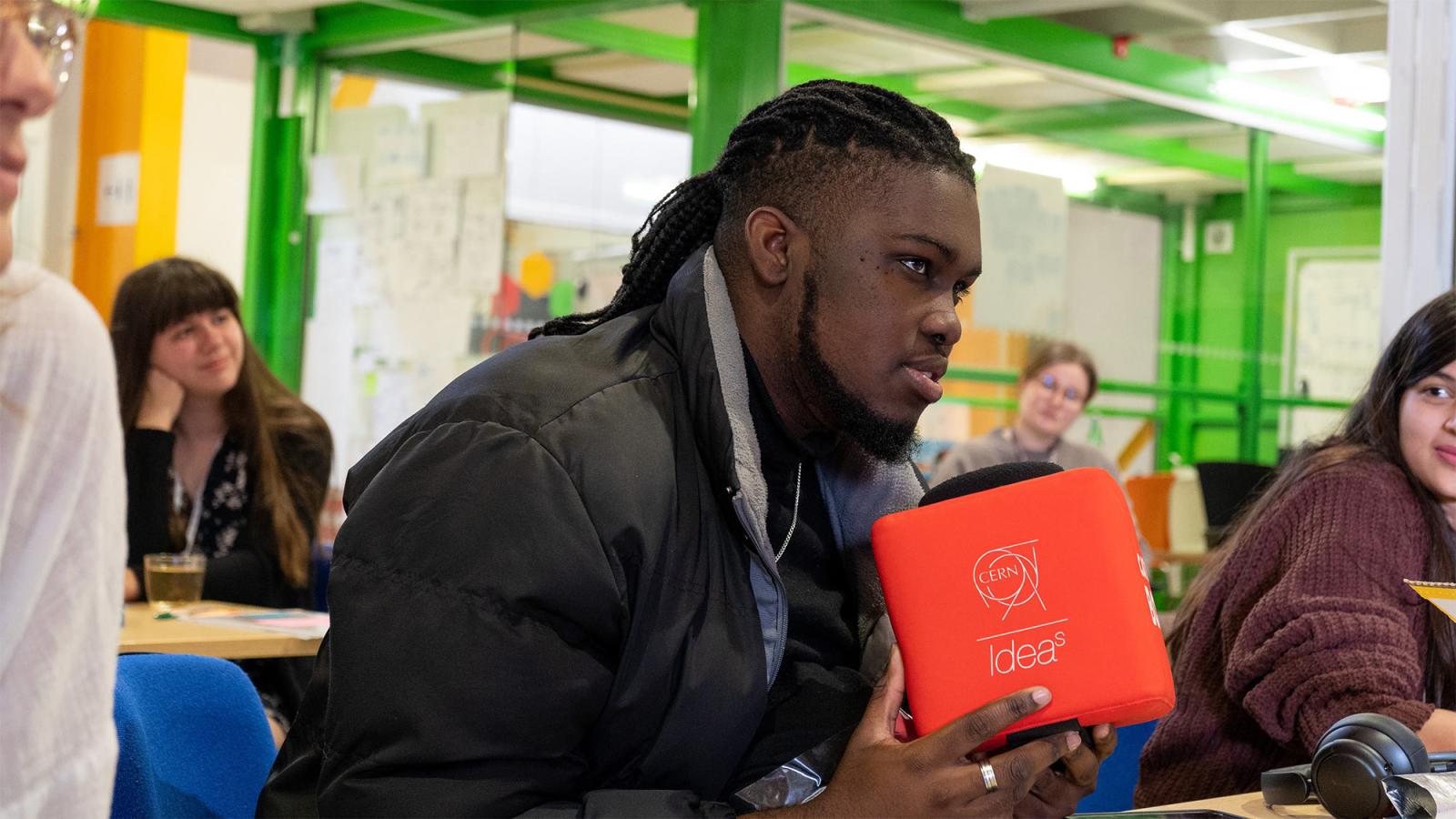
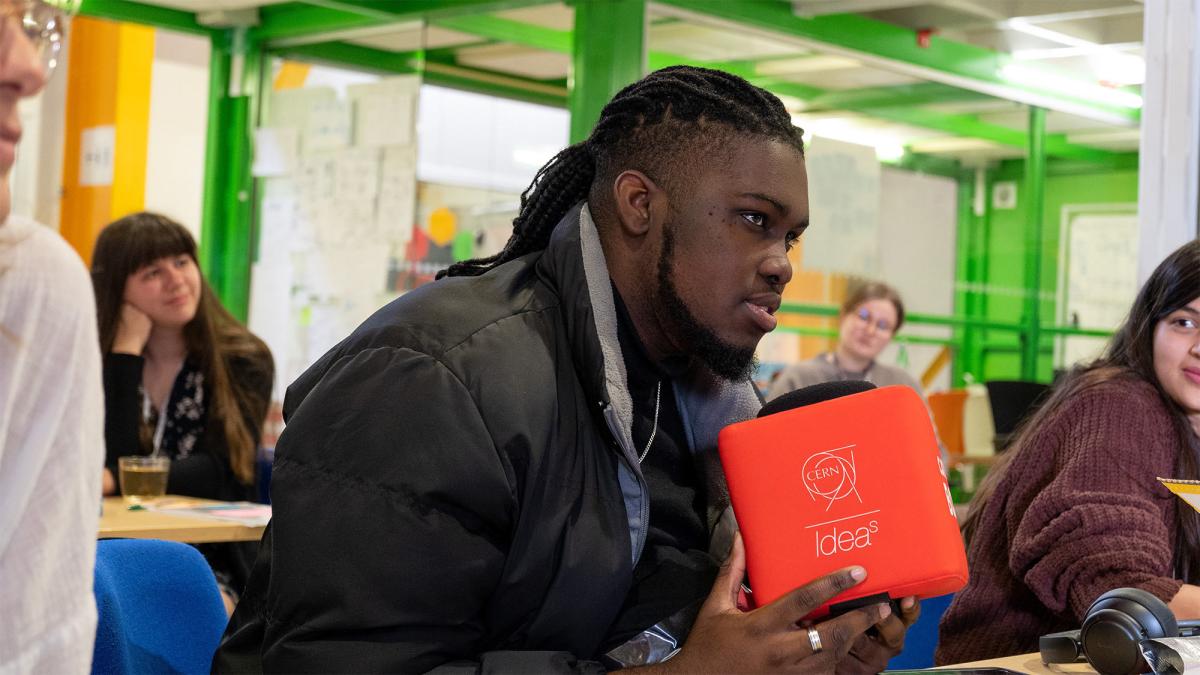
Sachin Archer (BS in Computer Science ’25) is a Seidenberg student who traveled with the NYC Design Factory to Geneva, Switzerland during the Fall ’22 semester. While there, Sachin and his teammates met experts from CERN, the European Organization for Nuclear Research, and collaborated with other teams from the Design Factory Global Network. Team Fusion, consisting of Sachin, Susanna Lammervo (MS in Human-Centered Design ’23), and Aastha Bhadani (MS in Human-Centered Design ’23), was led by Seidenberg professor and NYC Design Factory Director, Andreea Cotoranu, as well as the Dyson Film and Screen Studies chair Luke Cantarella.
This trip was a transformation on both a personal and educational level.
Although this annual project is usually only offered to seniors and graduate students, Sachin was noticed because of his exceptional track record, and Seidenberg staff member Jill Olimpieri recommended him for the program. Although he was hesitant to join the project first because he felt too inexperienced, his older sister persuaded him to give it a shot.
And what was it that was so unique and different about this project? As Sachin succinctly put it, it is about “connecting CERN technology and the United Nations Sustainable Development Goals.” Every year, the Design Factory’s Challenge Based Innovation A³ project focuses on developing innovative outcomes to explore problem areas framed by the United Nations’ Sustainable Development goals with the help of CERN and ATTRACT technology. “This year, our overall focus was good health and well-being. We were asked to choose a specific opportunity space to focus on, and we chose Goal 3.6. The aim of that is to decrease the number of global deaths and injuries from road traffic accidents. Over the course of this project, we took this opportunity space and narrowed it to the NYC area to see what changes and advances could be implemented based on the information we collected.”
All in all, it was a tremendous experience that instilled a lot of motivation and hope in me that I never deemed possible in the world of tech, and more specifically computer science. Learning about design thinking was also life changing because I found myself using certain aspects of it in my day-to-day life.
Once these parameters were decided, Sachin and the team traveled to CERN’s Ideasquare space in Geneva, Switzerland. While the trip was filled with workshops and collaboration with other teams from all over the world, Sachin found it to be personally engaging as well. “This trip was a transformation on both a personal and educational level. It opened my eyes to an unimagined space in the tech world and gave me hope for my future as a not-so-stereotypical computer science major. It was refreshing to be in a space that recommended and supported one's creativity to their fullest potential. Collaborating with teams from different walks of life was a beautiful thing in itself. It was amazing to see how we all worked with our respective teams and also when we were away from that normality. All in all, it was a tremendous experience that instilled a lot of motivation and hope in me that I never deemed possible in the world of tech, and more specifically computer science. Learning about design thinking was also life changing because I found myself using certain aspects of it in my day-to-day life.”
Finally, when we asked Sachin if he could recommend one thing to say to any Pace student considering applying for the Design Factory program, Sachin had this to stay: “Just take the leap of faith and do it. It is an experience to say the least, and very enriching in more ways than one. Just promise yourself that you will be present, stay open-minded, and make connections.”
Check out Team Fusion’s project in more detail!
Building Brick-and-Mortar Branding and Marketing Skills
As a retail marketing intern with the renowned commercial real estate firm Newmark, Shivani Thali '24 is getting a taste of what it means to creatively capture and market some of New York City's finest buildings. Upon graduating with their MS in Social Media and Mobile Marketing, Shivani will be ready to successfully market themself to potential employers in a competitive industry.
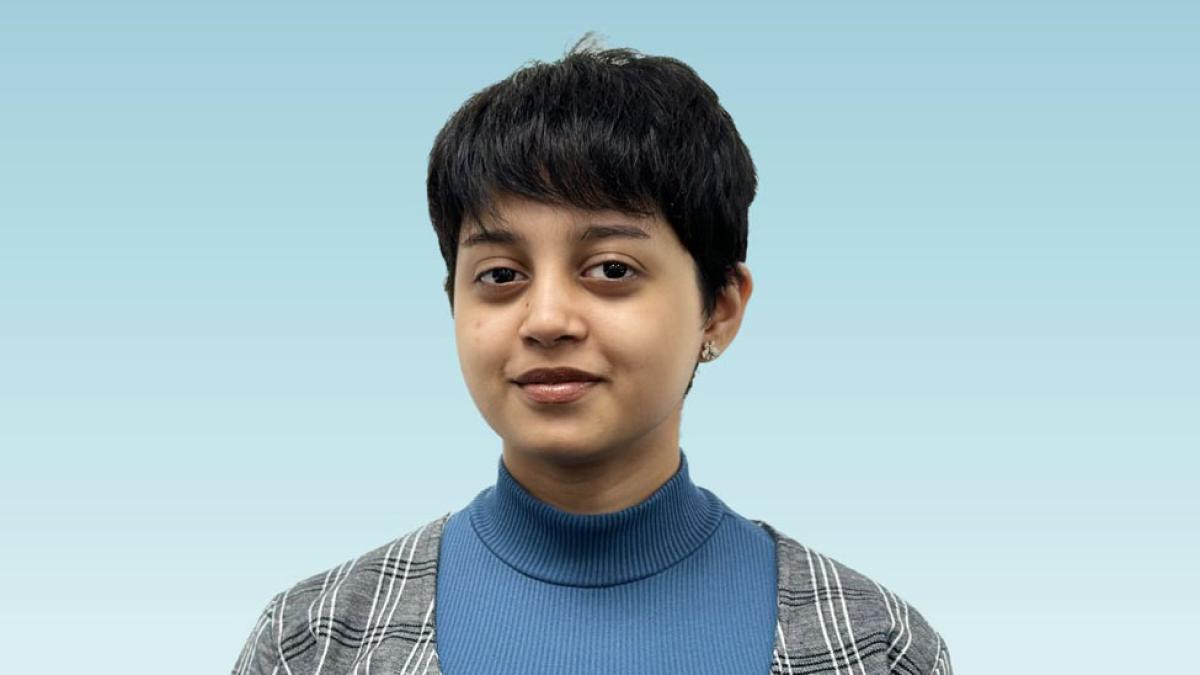
Shivani Thali
Business Development and Marketing Specialist, NY Building Systems Consultant Inc.
Class of 2024
MS in Social Media and Mobile Marketing
Internship: Retail Marketing Intern, Newmark
Pronouns: She/They
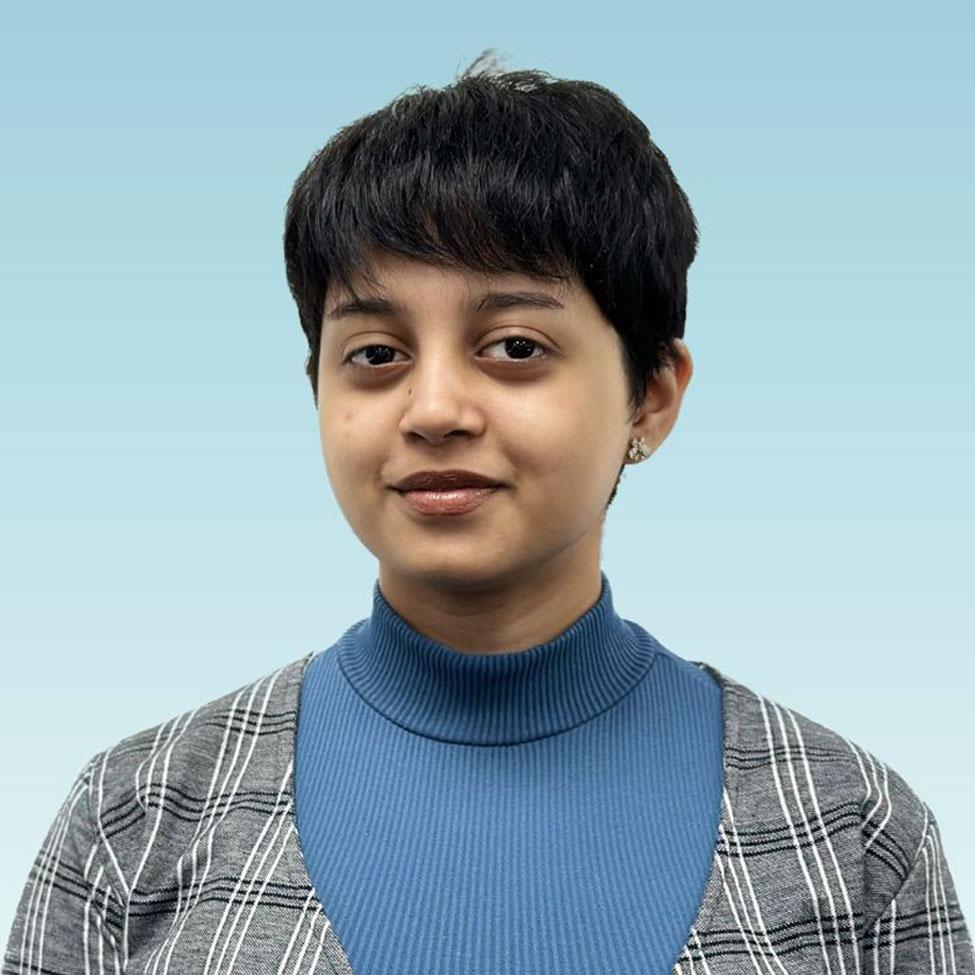
As a retail marketing intern with the renowned commercial real estate firm Newmark, Shivani Thali is getting a taste of what it means to creatively capture and market some of New York City's finest buildings. Next to that, Shivani gets the opportunity to closely learn from leaders in the industry thanks to the company's "lunch and learn" sessions. Upon graduating with their MS in Social Media and Mobile Marketing in 2024, Shivani will be ready to successfully market themself to potential employers in a competitive industry.
How has the Lubin School of Business helped you prepare for your current internship?
Students within the Lubin School of Business have a multitude of resources available, which we're encouraged to take advantage of. Every class so far has had a hands-on marketing-related project that covers market research, analysis, and financial planning that provides a kickstart for your career. The curriculum also occasionally requires us to complete certificate courses, which helps improve our career-oriented skills.
What attracted you to your current internship with the commercial real estate firm Newmark?
With the uprising of remote job culture, marketing in the commercial real estate industry has become more challenging, and I'm always up for a challenge. I've also always admired New York City's architecture and the brick-and-mortar shops it offers.
Describe what a typical day looks like as an intern at Newmark.
For social media marketing in real estate, I visit retail sites to capture pictures and develop creative and analytical strategies and suggestions to market them. The day for my department typically starts at 9:30 a.m. and ends at 6:00 p.m.
What has been the highlight or most enjoyable aspect of your internship so far?
So far, the highlights include intern-exclusive "lunch and learn" sessions with Newmark employees and getting commercial real estate tours of classic buildings like the Empire State Building and One World Trade.
How has this experience shaped or impacted your career goals?
As an international student with no prior work experience in my home country, this internship has introduced me to a corporate culture that is foreign to me and has helped me strengthen my resume.
How will this experience impact your next semester at Lubin?
Being an intern is more like being a student than an actual employee, as we have group projects and "lunch and learn" sessions with employees. So, the upcoming semester will be more professional and easier to navigate in terms of task completion.
Once you secure an internship, make an effort to be all ears, take your time to think before you answer, and be inquisitive. While hard skills look great on resumes, you must ultimately conquer relevant soft skills to level up in corporate.
Do you have any advice for other Lubin students who would like to pursue an internship in the future?
Treat internships/on-campus assistantships, volunteering/club leadership opportunities, and good grades as your priority. Keep your friends and professors close as networking starts from connecting with your professors, asking relevant questions, and seeking out opportunities with their guidance. Once you secure an internship, make an effort to be all ears, take your time to think before you answer, and be inquisitive. While hard skills look great on resumes, you must ultimately conquer relevant soft skills to level up in corporate. If you ever feel stuck somewhere, a part of the solution would be utilizing the multitude of career and educational counseling resources that Pace University offers. Feel free to connect with me on LinkedIn!
